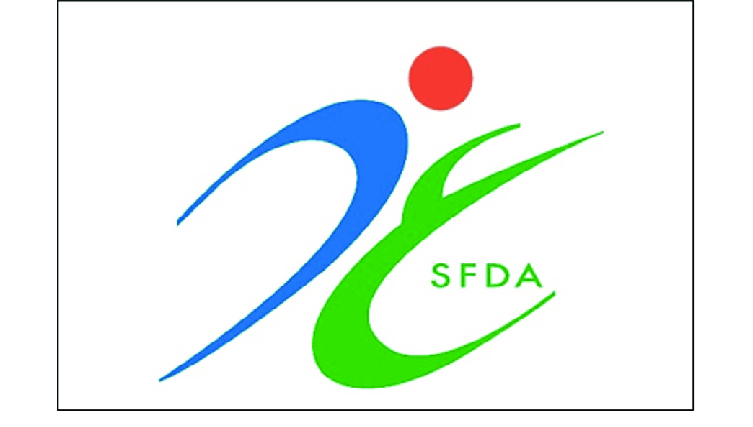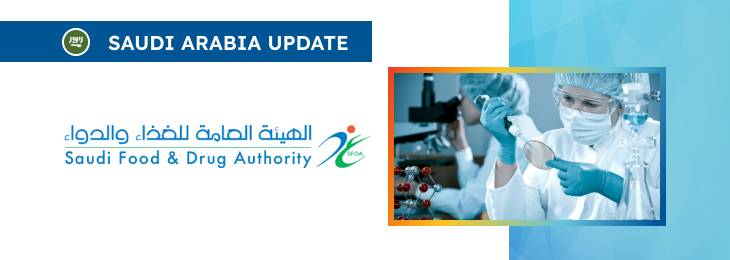The article provides a general overview of the regulatory requirements for medical devices developed by healthcare institutions to meet their internal needs.

Table of content
The Saudi Food and Drug Authority (SFDA), the country’s regulatory agency in healthcare products, has published a guidance document dedicated to developing in-house in vitro diagnostic (IVD) medical devices healthcare institutions may create to meet their internal needs.
The document provides an overview of the applicable regulatory requirements in Saudi Arabia, as well as additional clarifications and recommendations to be considered by healthcare institutions and other parties involved in operations with medical devices to ensure compliance with it, as well as the continuous safety of patients.
The authority also reserves the right to change the guidance and recommendations provided therein, should such changes be reasonably necessary to reflect corresponding amendments to the underlying legislation.
Regulatory Background
The primary goal of the present SFDA guidance is to assist in creating necessary design and performance data and documents for the development of in-house IVDs.
The authority pays special attention to the matters related to the availability of these documents for submission to the SFDA upon request, underscoring the importance of thorough documentation in the development process.
This guidance, identified as MDS-G009, specifically addresses the requirements for manufacturers of point-of-care (POC) medical devices, with a particular focus on in-house in vitro diagnostic (IH-IVD) medical devices.
It outlines the development and post-market activities essential for IH-IVD medical devices, situating them within the broader category of POC devices.
Issued by the SFDA by the Medical Devices Law, this guidance document contains recommendations and clarifications based on the relevant articles within the law and its implementing regulations.
These provisions stipulate the necessity for medical devices to obtain registration and marketing authorization, while also setting forth requirements for post-market surveillance and adverse event reporting, thereby ensuring the safety and efficacy of medical devices.

General Requirements
First of all, the document outlines the general requirements IH-IVDs should meet to be allowed for use by healthcare institutions during their normal activities.
Essential Principles
The guidance requires adherence to the Essential Principles of Safety and Performance outlined in MDS-REQ1.
A checklist (Annex 3) is provided to help manufacturers ensure all essential principles are considered and to serve as an index to objective evidence of compliance.
The authority explicitly mentions that the checklist is adaptable, allowing manufacturers to justify any unmet principles and tailor the list according to the specific nature of the developed device.
Quality Management System (QMS)
As further explained by the SFDA, manufacturers of in-house IVDs are required to implement an appropriate QMS that oversees the design, production, and use of the assays. ISO 13485:2016 and ISO 15189:2022 are highlighted as best practice standards for IVD manufacturers and medical laboratories.
The QMS should facilitate the documentation of critical areas such as design, production, use, storage, packaging, and transport, ensuring comprehensive oversight of in-house IVDs.
Design and Development
The core requirements for design and development emphasize the need for IVDs to be designed and produced in a manner that prioritizes health and safety.
The guidance encourages applying risk management per ISO 14971:2019 and ISO/TR 24971:2020, specifically mentioning ISO 22367:2020 for medical laboratory risk management.
It further urges the careful consideration of the device’s entire lifecycle, including stability data to support its defined shelf life and the management of components from external sources.
Conclusion
In summary, the present guidance document provides a structured approach to the development of in-house IVD medical devices, emphasizing the critical importance of compliance with the essential principles of safety and performance, the implementation of a robust QMS, and also provides additional clarifications regarding the relevant regulatory requirements addressing the matters associated with the design and development of such devices.
The said requirements are to be followed by all the parties involved in the device development and manufacturing process to ensure their proper performance, as well as the safety of patients.
How Can RegDesk Help?
RegDesk is a holistic Regulatory Information Management System that provides medical device and pharma companies with regulatory intelligence for over 120 markets worldwide. It can help you prepare and publish global applications, manage standards, run change assessments, and obtain real-time alerts on regulatory changes through a centralized platform. Our clients also have access to our network of over 4000 compliance experts worldwide to obtain verification on critical questions. Global expansion has never been this simple.

